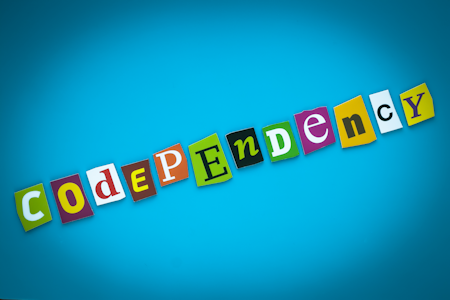 Codependency is recognized by the destructive behaviors, attitudes and feelings which are directly linked to the way we were brought up. Families are described as dysfunctional when the needs of the parents are so overwhelming that the task of raising children is demoted to a secondary role in the life of the family. Codependency in adulthood emerges from these dysfunctional childhood experiences.
Codependency is recognized by the destructive behaviors, attitudes and feelings which are directly linked to the way we were brought up. Families are described as dysfunctional when the needs of the parents are so overwhelming that the task of raising children is demoted to a secondary role in the life of the family. Codependency in adulthood emerges from these dysfunctional childhood experiences.
The households we grew up in can have a powerful influence on the way we deal with life as an adult. Often in ways that we never stop to think about. We simply keep on living, repeating the same mistakes and enduring the same conflicts over and over again. We may wonder why the same old patterns keep repeating themselves. Even when we change friendships, jobs and relationships. The answer may lie in a less-than-nurturing childhood characterized by neglect and other forms of abuse.
When children lack the adequate nurturance and loving guidance they need to function as independent adults, they experience a flawed or incomplete sense of themselves. This pattern can last throughout one’s entire life. They are prone to enmeshment with a hazy sense of their own personal boundaries. They may not know where they leave off and the other person begins. Also, they may have a need to make other people happy (a pattern they learned in dealing with their parents). When they are not able to do this, they might feel “less than” other people. They probably see themselves as unselfish and compassionate, always there for others. But, lacking a clear sense of themselves, they may resort to the same techniques to get attention they learned in childhood.
Symptoms of Codependency
- low self-esteem
- people-pleasing
- poor boundaries
- reactivity
- caretaking
- control
- dysfunctional communication
- obsessions
- dependency
- denial
- problems with intimacy
- painful emotions
